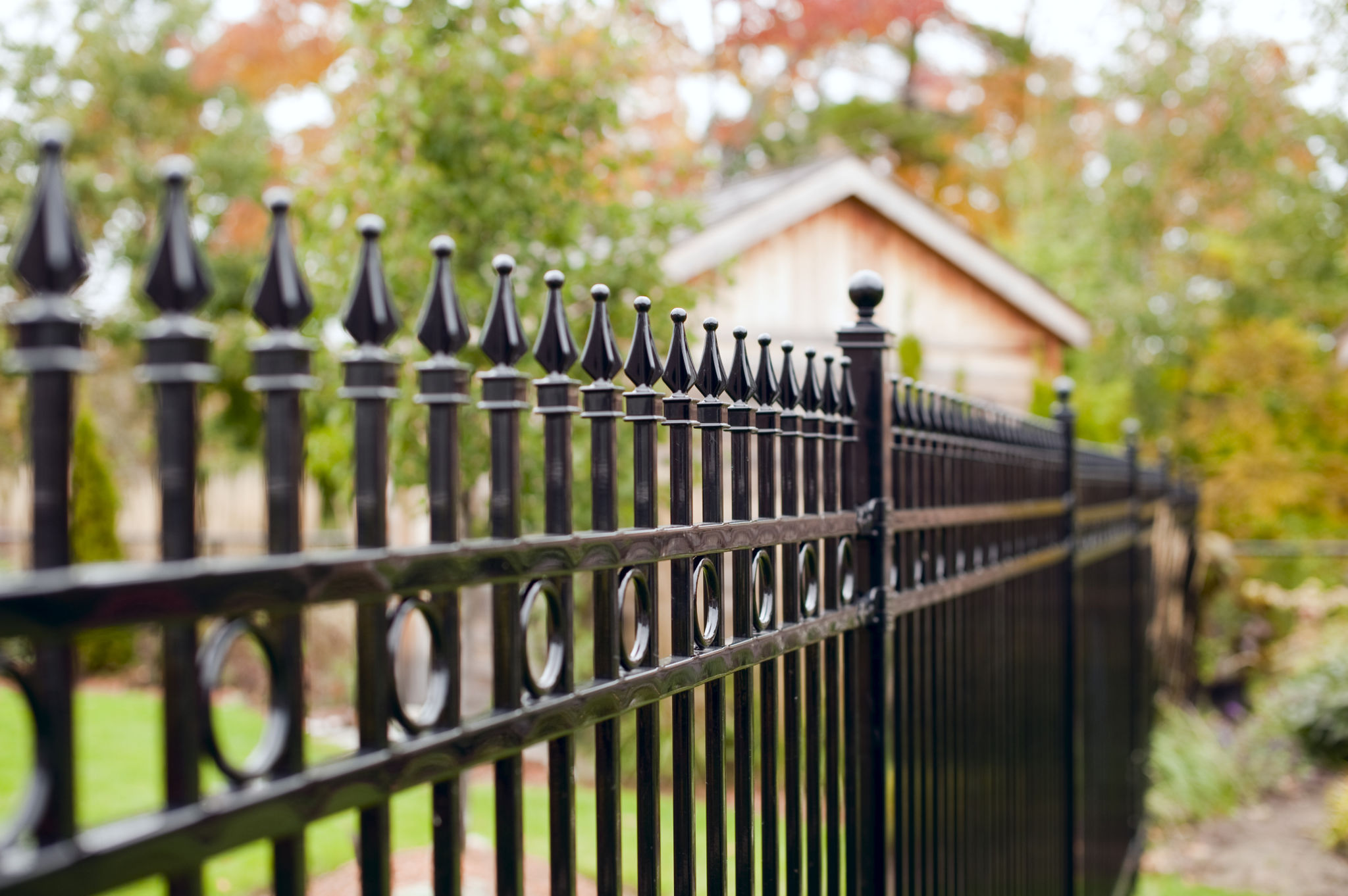Comparing Fencing Materials: Wood vs. Vinyl vs. Metal
An Overview of Fencing Materials
When it comes to choosing the right fencing material for your property, the options can be overwhelming. The most popular choices include wood, vinyl, and metal, each offering unique benefits and drawbacks. Understanding these materials can help you make an informed decision that suits your needs, budget, and aesthetic preferences.

Wood Fencing
Wood fencing is a classic choice that has been used for centuries. It offers a natural look that blends seamlessly with outdoor environments. Wood fences can be customized in terms of height, style, and color, providing a wide range of design possibilities.
However, wood requires regular maintenance to prevent rot, decay, and insect infestations. Treatments and sealants are necessary to extend the life of the fence, which can add to the overall cost. Despite these maintenance needs, many homeowners prefer wood for its traditional appeal and versatility.
Vinyl Fencing
Vinyl fencing is a modern alternative that offers a clean and polished appearance. It is highly durable and resistant to elements such as sun exposure and rain, making it a low-maintenance choice. Vinyl fences do not require painting or staining and are easy to clean with just soap and water.

One downside of vinyl is its upfront cost, which can be higher than wood. However, the long-term savings on maintenance often justify the initial investment. Additionally, while vinyl offers fewer customization options compared to wood, it comes in a variety of colors and styles to suit different tastes.
Metal Fencing
Metal fencing, including options like aluminum and wrought iron, is known for its strength and security. Metal fences are highly durable and can withstand harsh weather conditions without significant damage. They offer a sleek and modern look that can enhance the curb appeal of a property.
Metal fencing can be more expensive than other materials but requires less maintenance over time. Rust can be an issue with some types of metal, so protective coatings are recommended to prolong the fence's life. Metal fences are ideal for those prioritizing security and durability over customization.

Factors to Consider When Choosing a Fence
When selecting a fencing material, consider your primary needs and preferences. Ask yourself the following questions:
- What is your budget? Factor in both initial costs and long-term maintenance expenses.
- How much maintenance are you willing to perform? Some materials require more upkeep than others.
- What style do you prefer? Consider how each material aligns with your desired aesthetic.
- What level of security do you need? Metal may offer more security than other options.
Conclusion
Ultimately, the best fencing material for your property depends on a balance of style, cost, and functionality. Wood offers a traditional look with customization possibilities but requires more upkeep. Vinyl provides durability with minimal maintenance at a higher initial cost. Metal delivers strength and security but may not offer as much design flexibility. Evaluate your priorities to make the best choice for your home.
